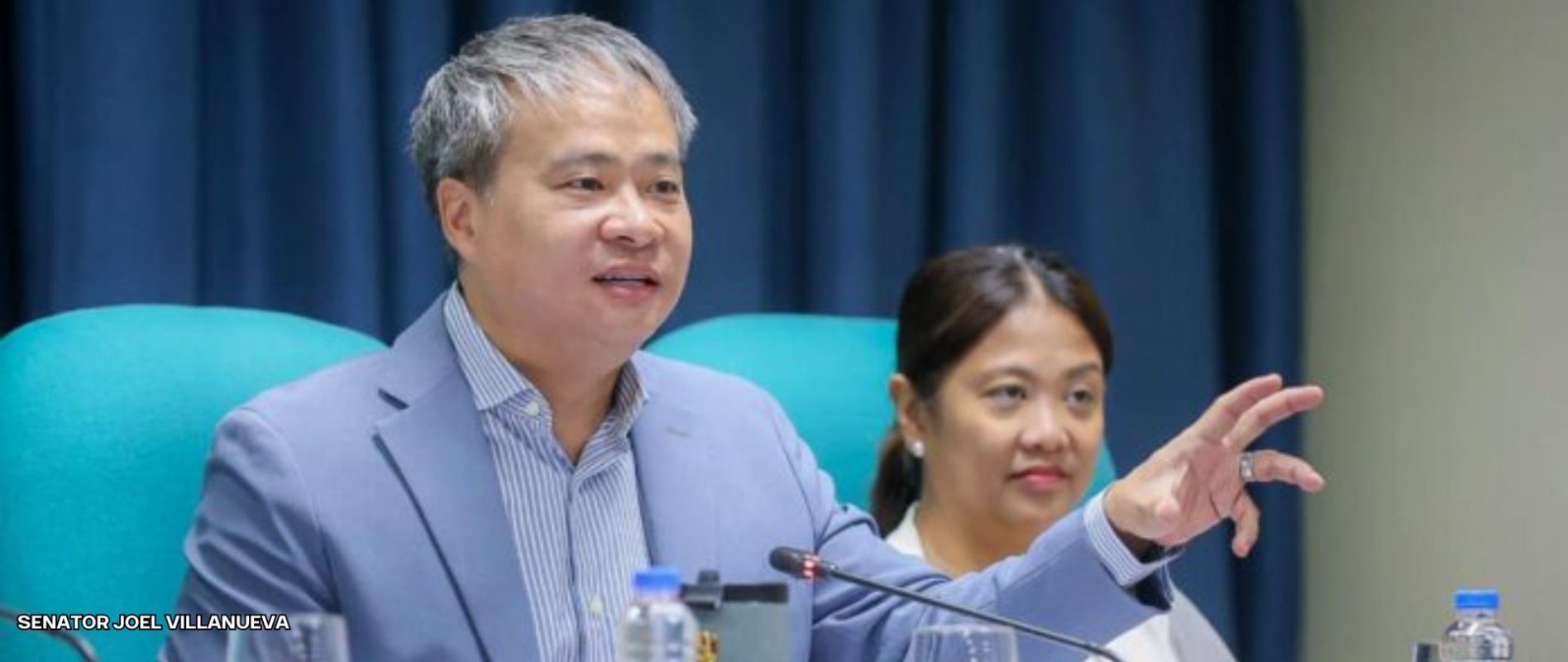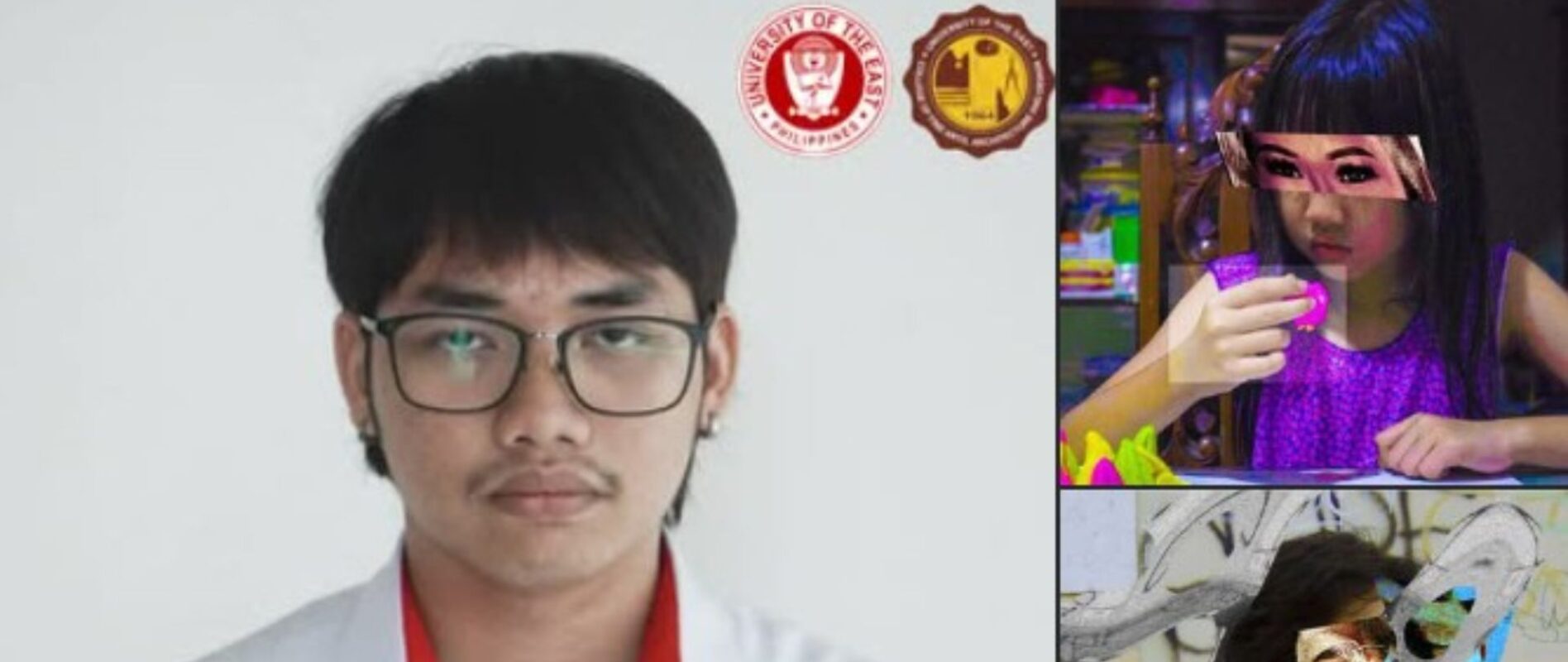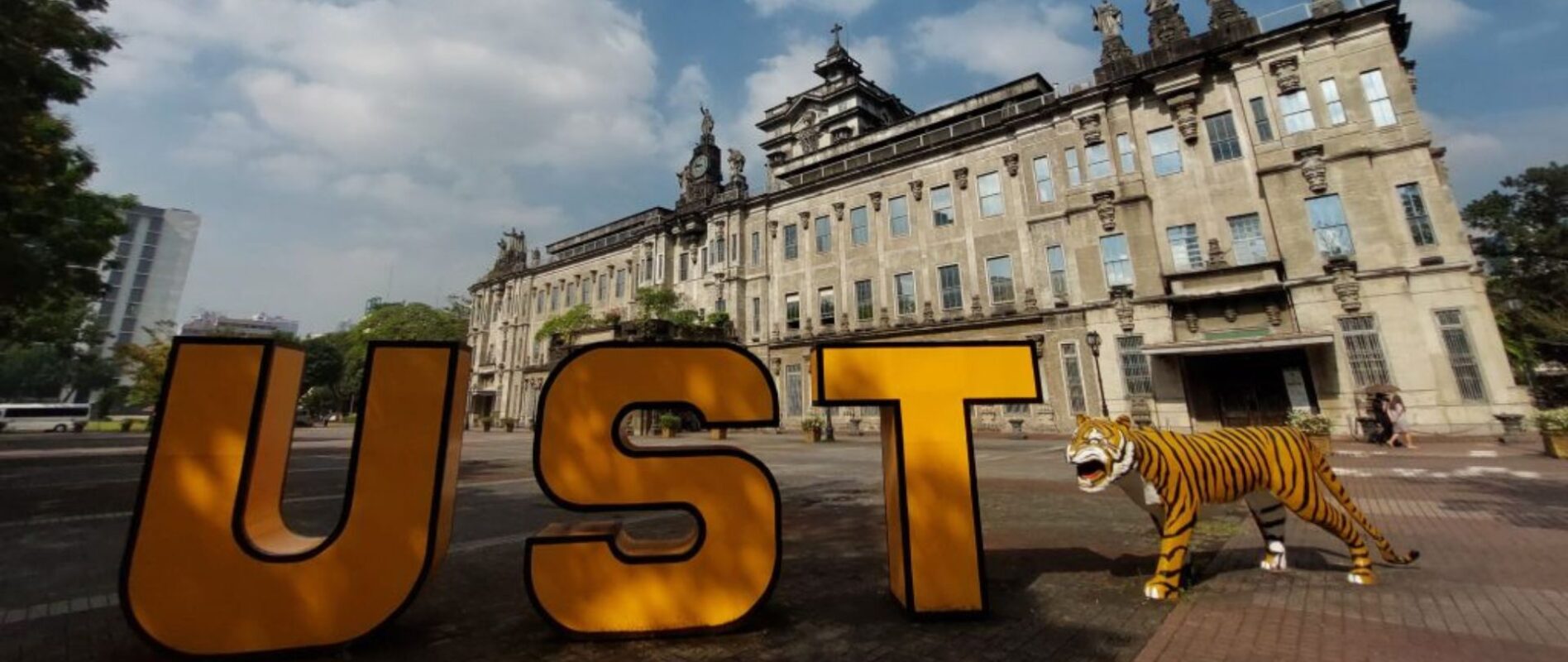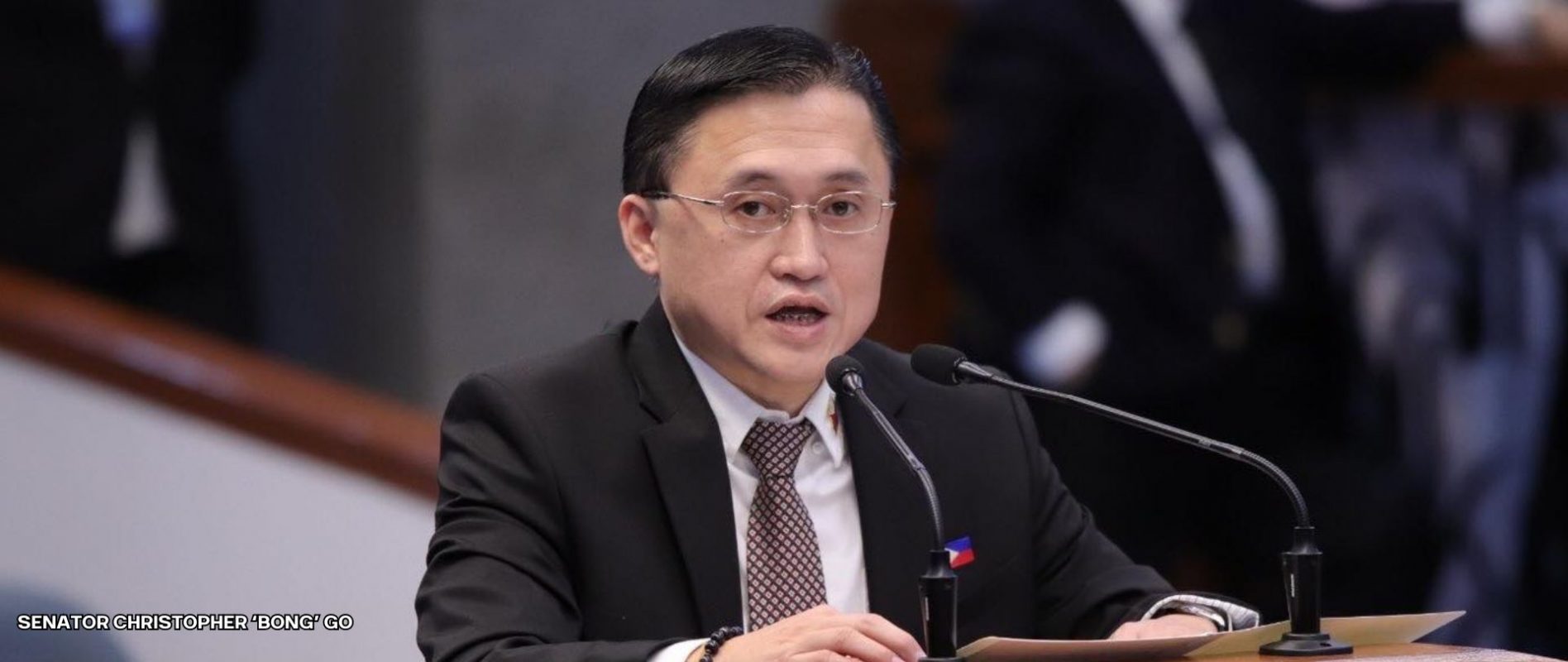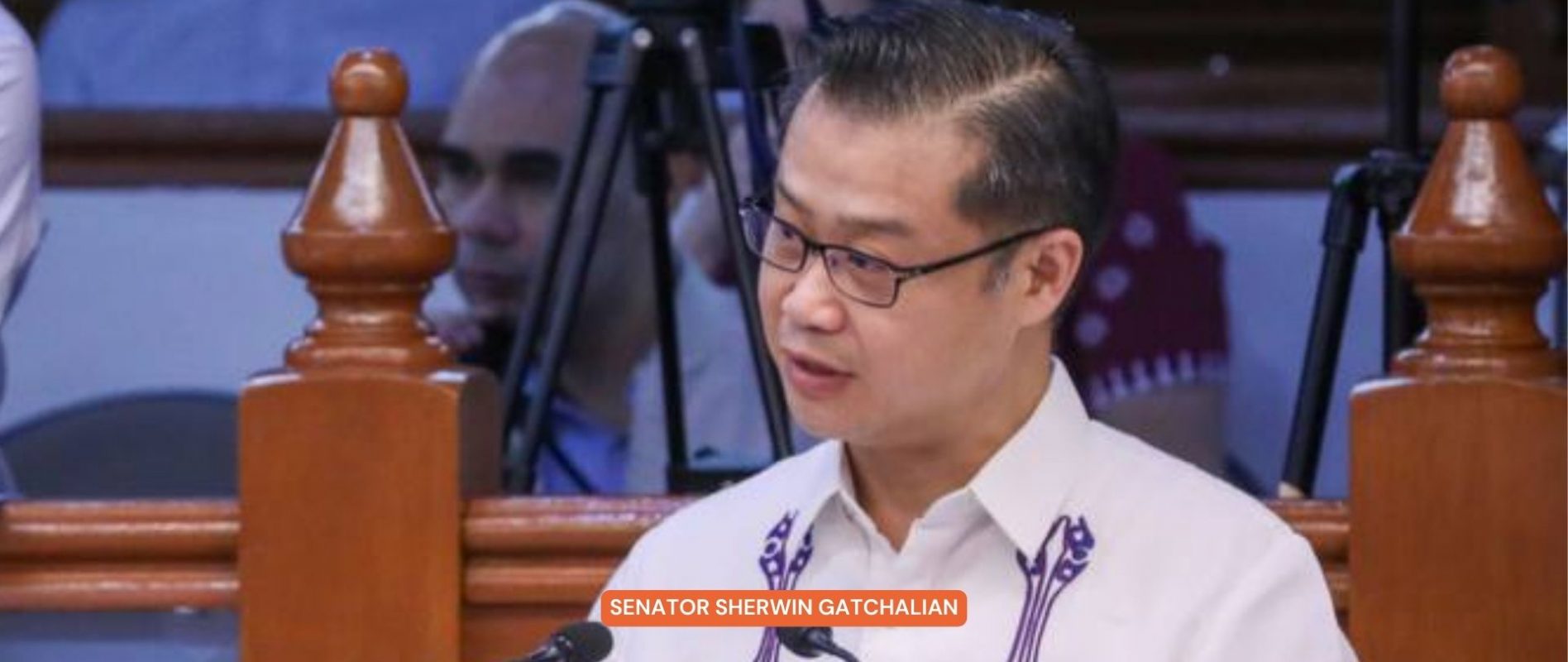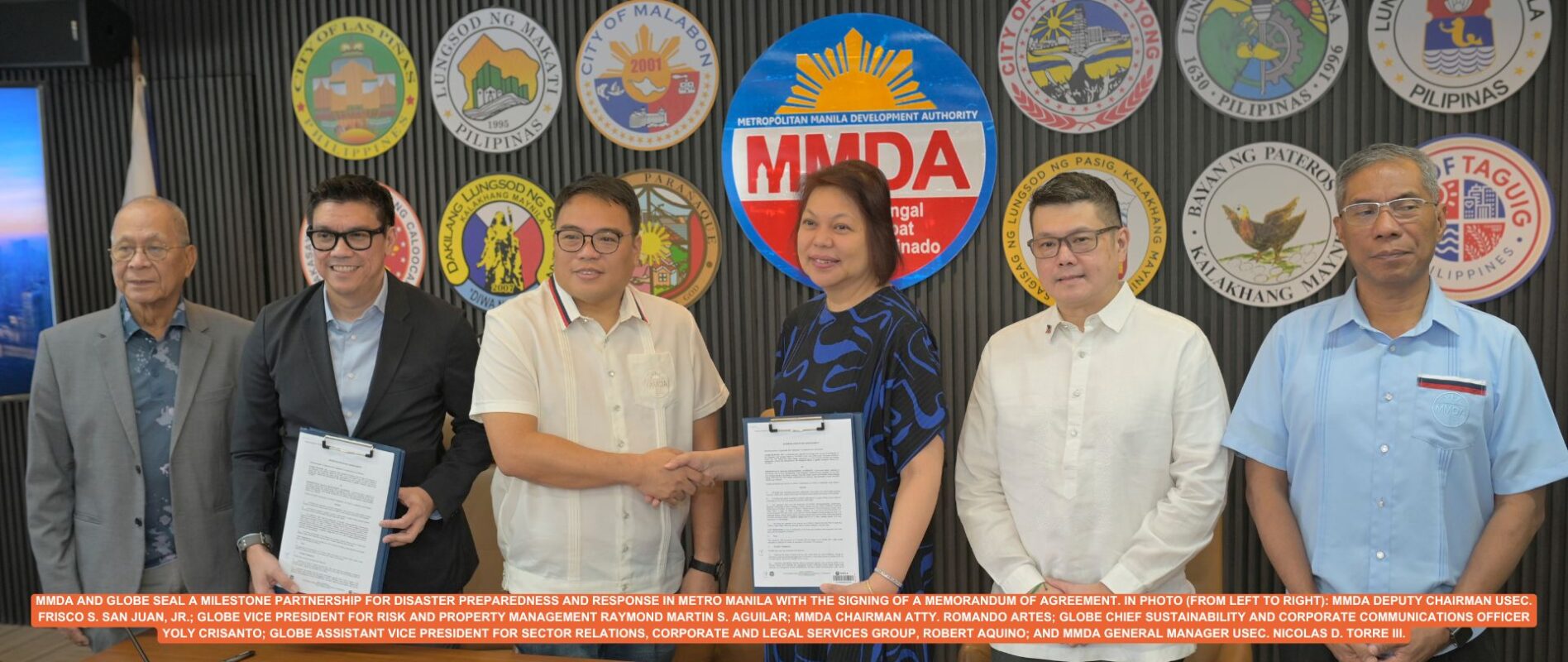SENATOR SEEKS ADDITIONAL FUNDING FOR CHED SEED FUND TO ESTABLISH MEDICAL SCHOOLS IN PUBLIC UNIVERSITIES AND COLLEGES
SENATOR Joel Villanueva lamented that almost five years after its enactment, the implementation of the Doktor Para Sa Bayan law remains insufficient due to inadequate funding for medical programs in state universities and colleges (SUCs) and for accommodating more scholars.
Villanueva, principal author and sponsor of the law, urged his colleagues to increase the budget for the Medical Scholarship and Return Service (MSRP) program under the Commission on Higher Education (CHED).
He noted that the allocation of the seed fund for developing medical schools in SUCs under the 2026 National Expenditure Program remains at ₱150 million—the same level as when first funded in 2021.
“It’s just that when you look at the budget for this year, 2025, we only allotted ₱150 million for the fund. It’s a stark decrease from the amounts we allotted for fiscal years 2022, 2023, and 2024,” Villanueva said.
“And despite the increase in the number of higher education institutions offering medicine, this program seems to have a dim future with the current level of funding,” he added.
From ₱150 million in 2021, the seed fund rose to ₱250 million in 2022 and 2023, then to ₱275 million in 2024. This year, it reverted to the 2021 level of ₱150 million.
Meanwhile, Senate Finance Committee Chairman Sherwin Gatchalian assured Villanueva that the proposed amendments to the CHED budget include increasing the seed fund to ₱440 million to strengthen CHED’s capacity to establish medical schools across the country.
“We must show that we are ready to support the needs of SUCs when it comes to funding. If we have one medical school per region and it becomes a center of excellence, our scholars will be motivated to study there instead of leaving their regions,” Villanueva said.
He reiterated that the Doktor Para sa Bayan law aims to have at least one public school per region offering a medicine course, allowing scholars to train as doctors. After passing the boards, MSRP scholars are expected to complete their return service in the public health system equivalent to their scholarship duration.

